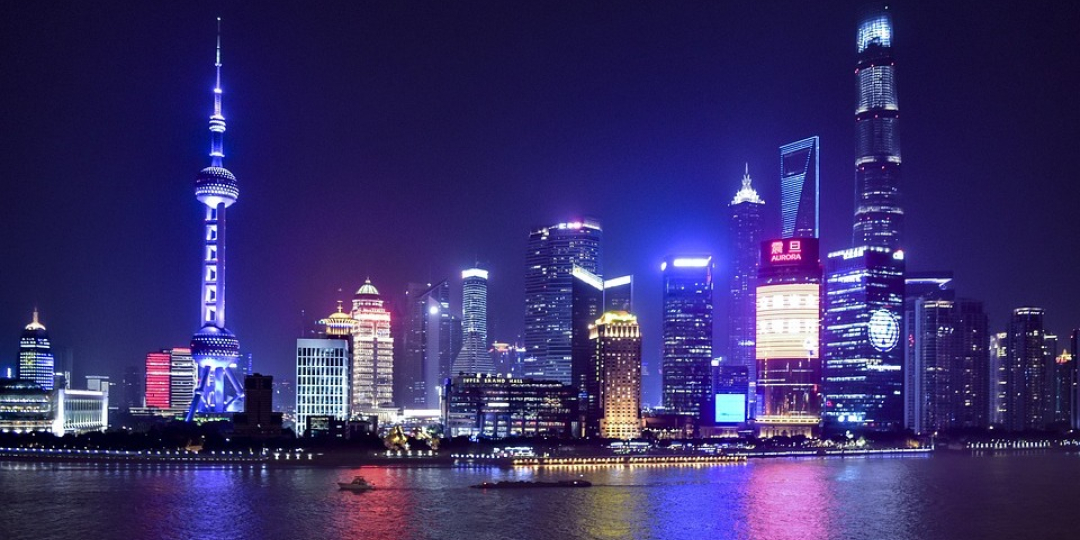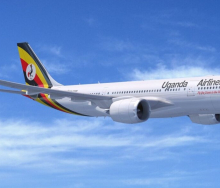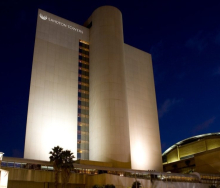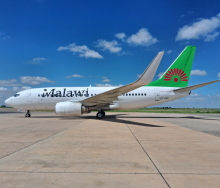Three years into the pandemic, China has abruptly thrown out the strictest travel regulations in the world, while infections throughout the country continue to surge. Hong Kong too has simultaneously eased entry for international visitors. But rising case numbers in both have prompted other countries to reinstate entry restrictions for travellers from China and, in some cases, other East Asian countries.
While the 10-day quarantine on arrival is no longer mandatory, marking the fall of a major barrier to Chinese tourism, all travellers departing for China will still need to take a single PCR test within the 48 hours prior to their departure. They will no longer need another test on arrival in China.
Travellers no longer have to obtain a health code from the Chinese Embassy or Consulates General in South Africa before departure. But they still need to upload their negative test results to Chinese border health control authorities by filling in the Health Declaration Form either on the China Customs app or at this website, according to China’s Embassy in South Africa.
Hong Kong, too, has followed suit by ending its on-arrival PCR test requirement for visitors. It is following China’s lead with its only requirement remaining a negative PCR test conducted within 48 hours prior to departure or a negative rapid antigen test conducted within the 24 hours before travel.
“The new measures mark a key milestone for tourism revival and the full reopening of the tourism doors of Hong Kong,” says Dr Pang You Kai, Chairman of the Hong Kong Tourism Board.
Countries clamp down on China
On receipt of the news that Chinese people are free to travel out of their country, the US, the UK, France, Spain, Italy, Sweden, Israel, Australia, Canada, Malaysia, Morocco, Qatar, South Korea, Taiwan and Japan have announced the instatement of the requirement for travellers from China, Hong Kong and Macau to show a negative COVID test result before departure. Some countries are including travellers from Singapore and Taiwan in those needing the pre-travel test. India includes travellers from China, Hong Kong, Japan, South Korea and Thailand in the group requiring pre-travel PCR tests.
In France and England, travellers from East Asia may also be subject to random tests on arrival.
The EU has recommended an EU-wide requirement for pre-travel PCR tests for Chinese travellers, plus a second requirement that these visitors wear masks onboard inbound flights, plus another recommendation that passengers be randomly tested on arrival in the EU.
Morocco has banned the entry of all Chinese travellers since January 3.
Several governments have said their decision to introduce curbs on Chinese travellers was related to the opacity surrounding the pandemic management and the lack of comprehensive health information shared by China on the current extent of its COVID situation, according to Bloomberg.
Iata fears that these curbs on entry of Chinese passengers will create drag on global air recovery, given the importance of the Chinese market. “Several countries are introducing COVID-19 testing and other measures for travellers from China, even though the virus is already circulating widely within their borders. It is extremely disappointing to see this knee-jerk reinstatement of measures that have proven ineffective over the last three years,” Willie Walsh, Iata DG, said in a media release.
Research undertaken at the time when South Africa was isolated from the world due to its disclosure of the Omicron variant, concluded that putting barriers in the way of travel made no difference to the spread of infection. At most, restrictions delayed an infection peak by a few days. If a new variant emerged in any part of the world, the same situation would be expected, Walsh pointed out.
“While China has significantly eased border measures, I urge the Chinese government to remove the need for pre-departure COVID-19 testing for those travelling to China,” he added.
China has reacted sharply to the measures imposed by the countries requiring pre-travel testing for Chinese visitors, even though it has the same requirement itself for inbound visitors, certainly at least those from South Africa.
"We believe the entry restrictions adopted by some countries targeting China lack scientific basis, and some excessive practices are even more unacceptable,” says Chinese Foreign Ministry Spokesperson, Mao Ning.
"We are firmly opposed to attempts to manipulate the COVID measures for political purposes and will take countermeasures based on the principle of reciprocity,” Ning adds, as cited by The Guardian. No further explanation of what these countermeasures may entail has been provided as of yet.
155m Chinese travellers
Now, South Africa needs to focus on addressing barriers to entry for Chinese visitors, including visas, if it hopes to compete for its share of the 155 million outbound travellers from China, says FEDHASA.
“In 2019, the number of outbound tourists from China peaked at nearly 155 million. South Africa saw a tiny portion of that (93 171 Chinese travellers). However, there are hopes that the pent-up demand for travel likely to exist in that source market will bode well for South Africa in 2023,” said Rosemary Anderson, FEDHASA National Chairperson. Faced with the prospect of freedom, expectations are that Chinese travellers could follow their Western counterparts and embrace revenge travel to make up for lost time – a trend that South Africa should capitalise on, highlighted Anderson.
She added: “South Africa has long sought to attract Chinese travellers but numbers have remained low, not least because of the friction these have when trying to apply for visas to visit the country.”
Director of Communications for the Department of Health, Foster Mohale, has confirmed that there are no immediate plans to impose travel restrictions or strict requirements on travellers from China.
“However, we are closely monitoring the COVID situation in China and other parts of the world. Our priority is to get people vaccinated and get booster shots to protect themselves,” he said.
While some have questioned this action, Director of the Centre for Epidemiology at Stellenbosch University, Professor Tulio de Oliveira, told SABC News that South Africa’s reluctance to impose a travel ban on China following the resurgence of the COVID-19 virus was not a mistake.
According to him, the current variant of COVID-19 circulating in China is unlikely to cause a high number of hospitalisations.
“Travel bans and testing before entering a country has been seen to be very ineffective to curb the pandemic. It’s very unlikely to have any epidemiological effect,” he said.
De Oliveira further pointed out that the current variant in China (still Omicron) was very similar to the one that caused a resurgence in South Africa last year, and that resurgence was characterised by very low numbers of deaths and hospitalisations.














